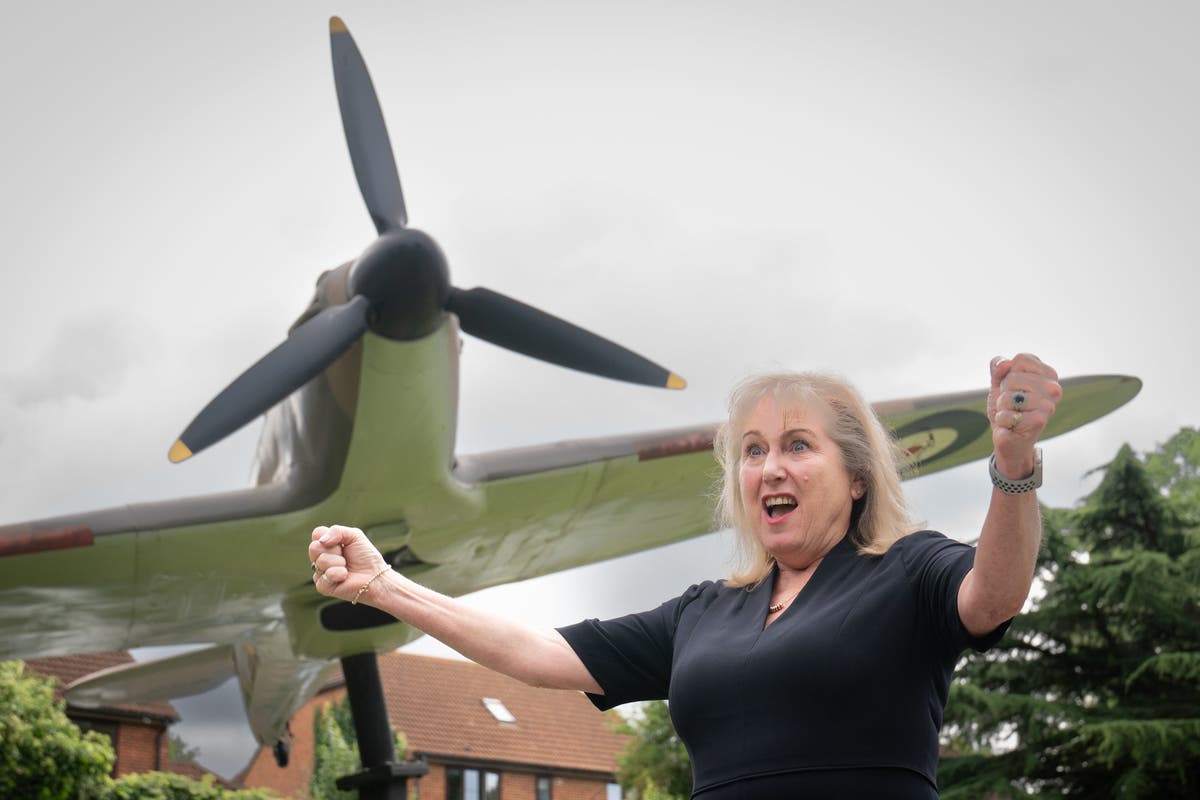A baby beaver has been photographed in London for the first time in 400 years, 18 months after an initiative began to reintroduce the species to the capital.
Enfield council began London’s beaver reintroduction programme last year as part of a wider rewilding and natural flood-management project.
The semi-aquatic rodents were hunted to extinction in the 16th century during the Elizabethan era as they were predominantly killed for their fur and meat.
Capel Manor college, a special environmental college, with advice from the Beaver Trust, will give the beaver a comprehensive health check with an experienced exotic-animal vet. The animal’s sex has yet to be established.
Rick Jewell, Enfield council’s cabinet member for the environment, told the Daily Telegraph: “The beavers’ hard work creating a natural wetland ecosystem will contribute to excellent flood defences, protecting the local area and hundreds of homes from flooding downstream to the south-east of the borough, while encouraging biodiversity.”
Meg Wilson, Capel Manor college’s animal collections manager, said: “We are thrilled [about] this new arrival.
“We have seen the developments the beavers are [involved in] and the improvements they have made to the wetland area. We are now focusing our efforts on collecting data, which we hope will provide further evidence about the positive effects the beavers are having on the environment.”
The project could see the mammals inhabit a 10-acre area of parkland in Ealing, west London. People in London will be able to go on “beaver safaris” to see the creatures as part of the rewilding project.
Beavers were reintroduced within fenced enclosures in England and Wales several years ago as part of a rewilding campaign.
In August it was reported that parts of a North Yorkshire estate are growing into a young woodland that is already becoming a new home for insects, rodents and birds of prey. The Broughton Sanctuary near Skipton is about halfway through its rewilding project through which it aims to restore more than 400 hectares (1,000 acres) of bare hillside.
skip past newsletter promotion
Our morning email breaks down the key stories of the day, telling you what’s happening and why it matters
“,”newsletterId”:”morning-briefing”,”successDescription”:”Our morning email breaks down the key stories of the day, telling you what’s happening and why it matters”}” clientOnly config=”{“renderingTarget”:”Web”}”>Privacy Notice: Newsletters may contain info about charities, online ads, and content funded by outside parties. For more information see our Privacy Policy. We use Google reCaptcha to protect our website and the Google Privacy Policy and Terms of Service apply.
after newsletter promotion
Prof Alastair Driver, director of Rewilding Britain and Broughton’s special adviser, who is overseeing the project, aims to create wetlands and ponds on the site and reintroduce beavers into a brook, which helps to store water on the hills while creating habitat for more species.
In 2021, a baby beaver was born on Exmoor for the first time in 400 years after two adults were successfully reintroduced by the National Trust.
Camera footage showed the six-week-old kit swimming to the family lodge with its mother in a large enclosure on the Holnicote Estate in Somerset where two Eurasian beavers had been released for the first time in the trust’s 125-year history.
Similar reintroduction projects were introduced in the South Downs in Sussex in 2021. In July, a family of four was released on the National Trust’s Wallington estate in Northumberland, partly to help the landscape deal with climate breakdown.
https://www.theguardian.com/environment/2023/sep/30/baby-beaver-born-in-london-for-first-time-in-400-years




:quality(70):focal(514x399:524x409)/cloudfront-eu-central-1.images.arcpublishing.com/irishtimes/SDVWOEEDWE4XT2FB2NCCQH5Q24.jpg)
